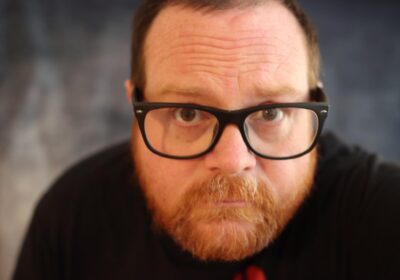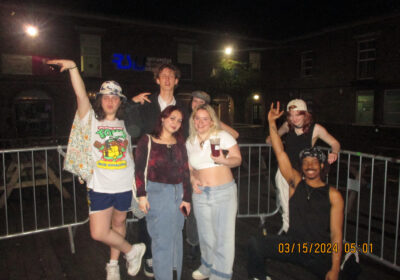Wanting a propaganda-free media
The United States’ current political climate is stricken with slander and outrage, as the media urges “he said, she said.”
Sadly, the poster child for our division is our president. And whether you like Donald Trump or not, his victory in the 2016 Presidential Election was a direct result of masterful manipulation of the media, both mass and social.
One can hardly expect to be elected into any office without existing within the scope of the public eye. Anything short of the best use of the media would result in a loss in any election. It’s as simple as this; if your opponent outplays you, then you lose. But should the media be a tool for elected officials? Should we judge them on their ability to garner support, or on their effectiveness in office?
Beginning in July of this year, the Free Telegraph hasbeen publishing pro-Republican propaganda.
As recently as Aug. 30, there was no information anywhere on the site that could attribute its operations to the Republican Party. However, after an inquiry from The Associated Press, the site now has a disclaimer:
“Paid for by Republican Governors Association.”
Somewhat suspiciously, according to the Associated Press, the website was registered through Domains By Proxy — a company that hides the identity of the people behind their domains. Remember, part of playing the game well is remaining in the public eye. The only reason any politician would wish to remain incognito is because they expect outrage in response to their actions. In other words, they’re feeling guilty.
In this age of information, we should ask ourselves; is there any moral compass to be considered when using information? Is it ethical for our elected officials to spend taxpayer money on choosing what information be presented to those same taxpayers?
While Donald Trump won marginally in our presidential election, Russia stands accused of using propaganda to sway its results. Facebook has confirmed that they have closed hundreds of fake accounts created by a Russian company with ties to the Kremlin. All told, these fake accounts spent $100,000 on Facebook ads designed to influence public opinion and sway the 2016 election.
Ideally, the media would not only be free of bias, it would be free of ulterior motives. A media with no money flowing in from politicians and no stake in their re-election would be a media which could be trusted to provide information beneficial to the common citizen. In democracy, we all get a say. But how can you help decide something if you haven’t been given the information concerning it?
– Donovan Thacker






